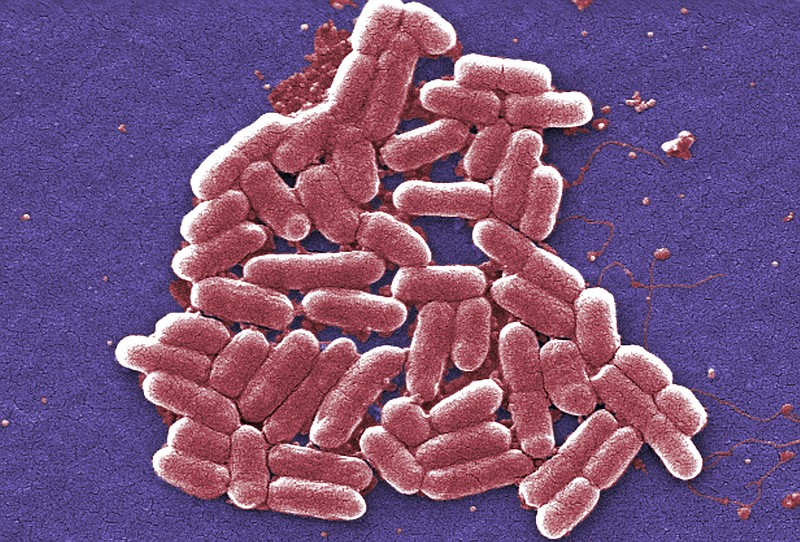GATLINBURG, Tenn. (AP) - The Tennessee Department of Health says its investigation continues into gastrointestinal illness that affected more than 500 people who visited a zipline attraction.
Officials have said E. coli bacteria caused the sickness, but the Health Department said Thursday that some people who visited the facility in Gatlinburg since June 15 have tested positive for norovirus. One tested positive for norovirus and E.coli.
Deputy State Epidemiologist John Dunn says it's not possible yet to determine one cause of the outbreak. He says the water system at the facility may have contributed but that other sources such as contaminated surfaces and person-to-person transmission are also likely.
The state said CLIMB Works Zipline Canopy Tour is cooperating with the investigation and recommendations. The company has offered refunds to those sickened.
